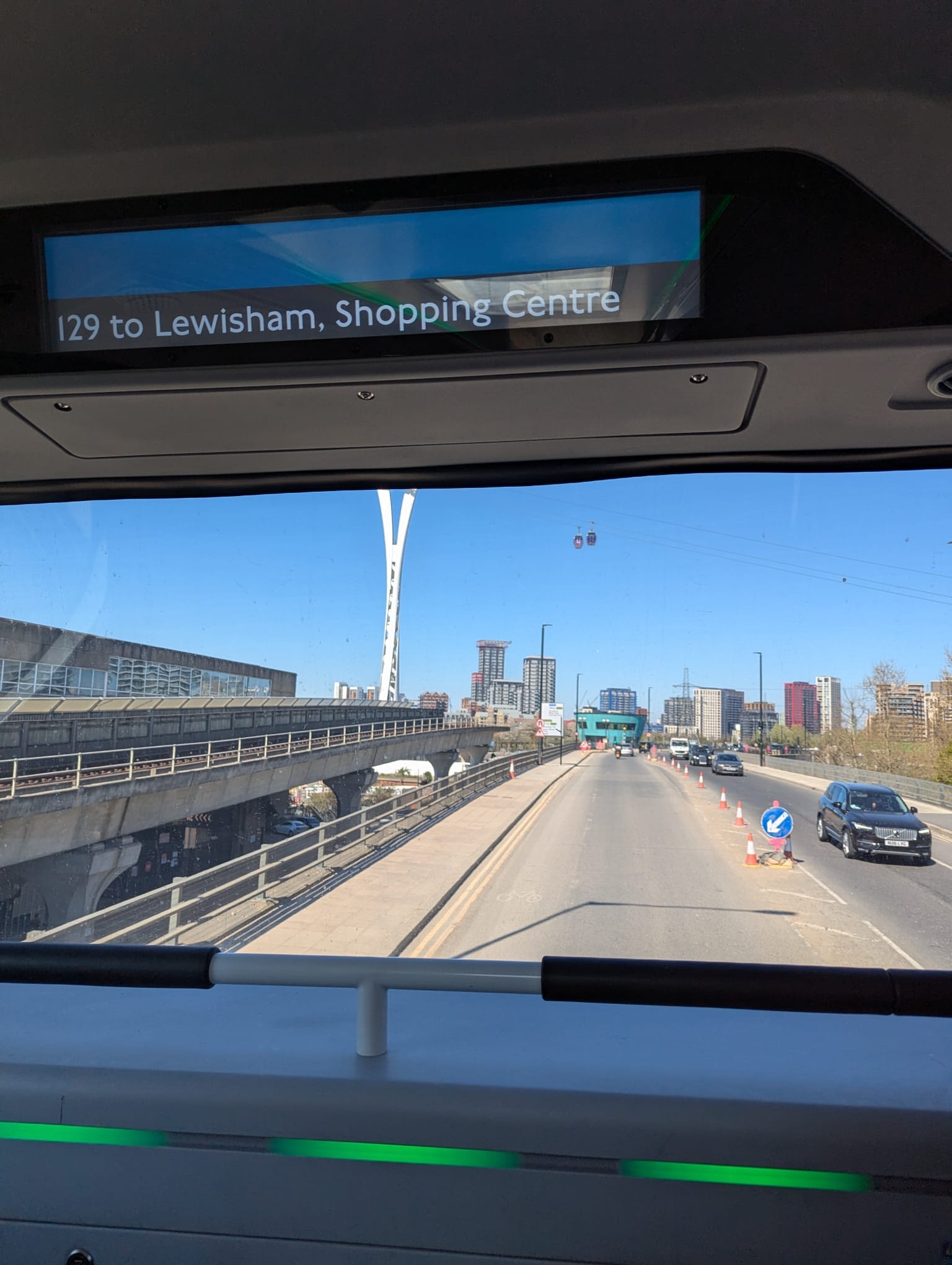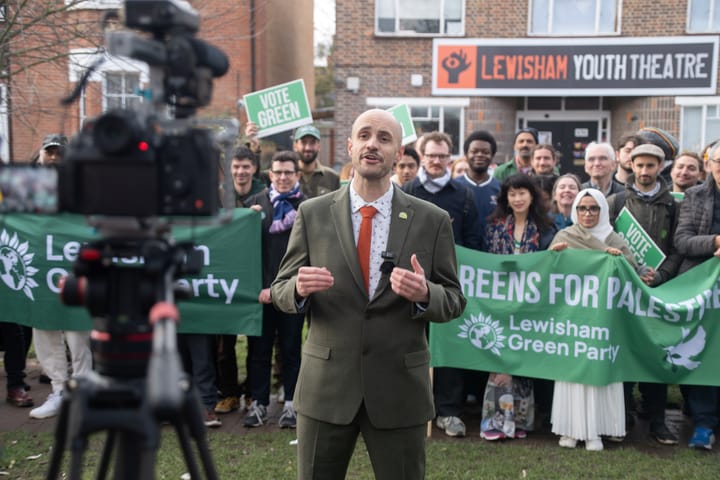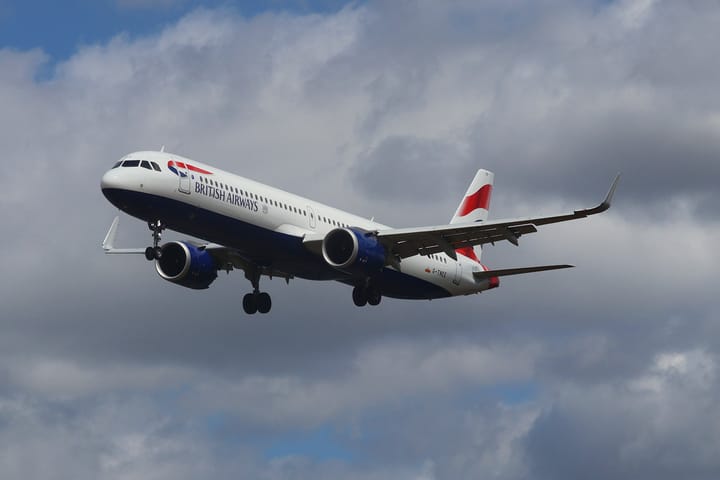Silvertown tunnel opens, while campaigners call for repurposing
Campaigners made another appeal to the London mayor, calling for repurposing the tunnel for public transport, cyclists and active travel, for "the welfare of future generations .. and the sake of Londoners' health".
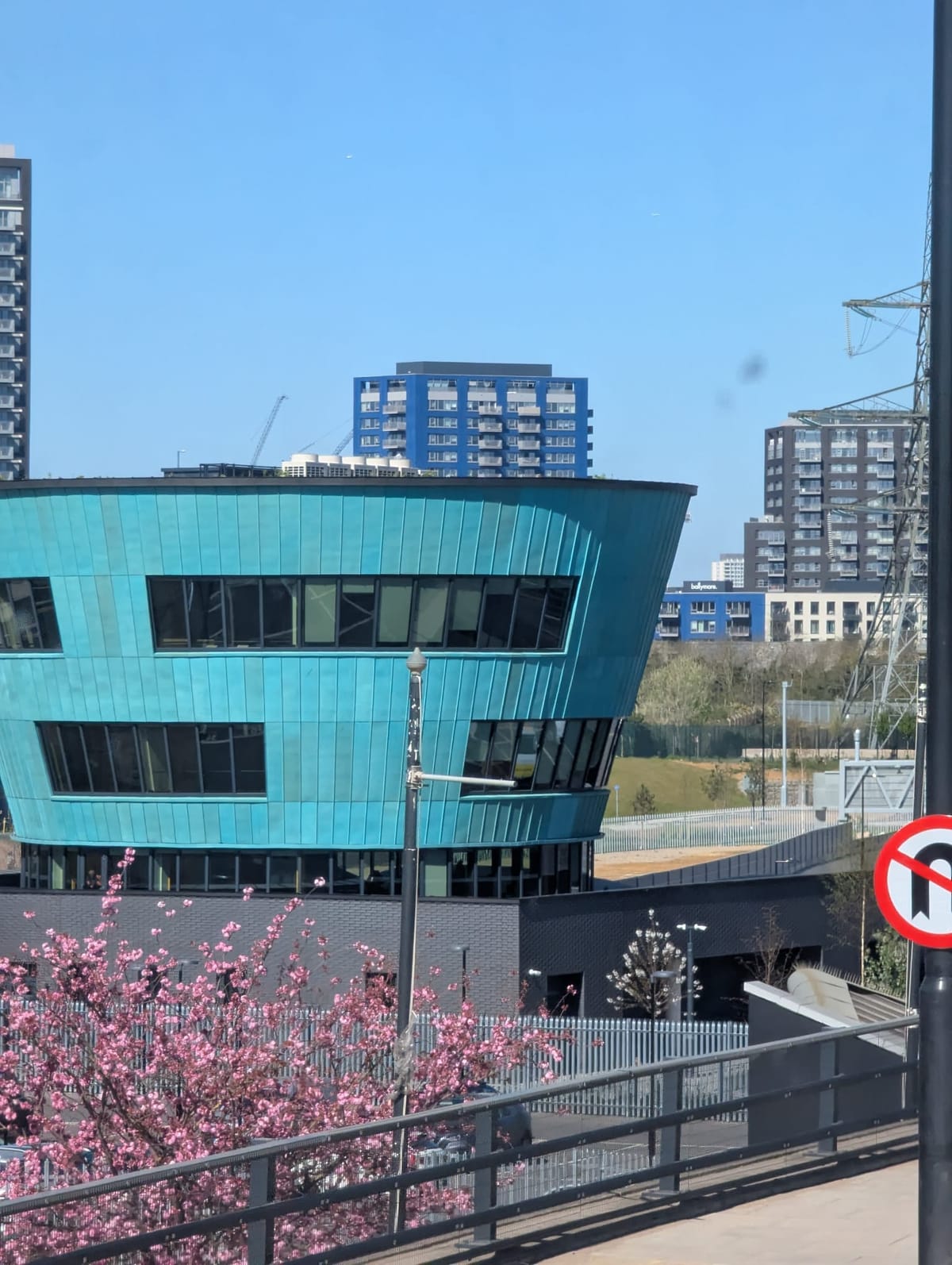
London's £2.2 bn road tunnel, running under the Thames between north Greenwich and Newham, opened today. Cars, lorries and buses moved onto the 0.9 miles of new road.
The tunnel has faced opposition since it was first proposed. Tfl has argued that it will provide necessary cross-river transport links between southeast and east London, and reduce congestion at the nearby Blackwall tunnel.
Campaigners say it will increase traffic through Newham and North Greenwich, with an 25 - 30,000 extra vehicles per day adding to the high levels of air pollution already faced by local communities.
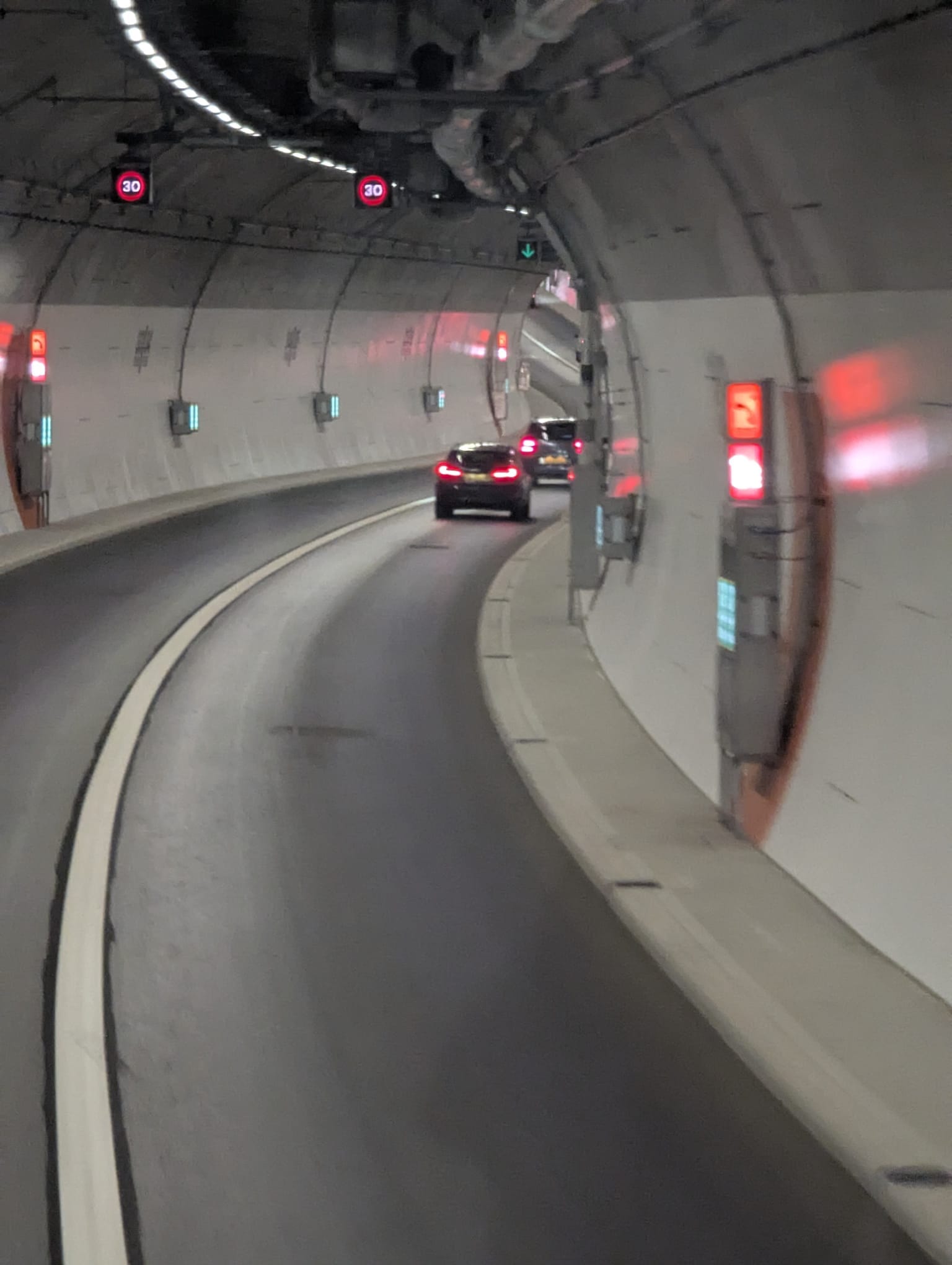
The tunnel offers a new route for HGVs, which are unable to use the northbound bore of nearby Blackwall tunnel. Councils on both sides of the river report signs that logistics companies are planning to take full advantage of it.
Drivers will pay tariffs between 6am and 10pm, designed to suppress traffic at Silvertown and Blackwall tunnels. But HGVs and other vehicles travel free overnight.
Victoria Rance, founder of the Stop Silvertown Tunnel coalition (SSTC) said: "I'm really sad that this day has come, that we haven't managed to stop the HGV tunnel."
"But I still think that it will be repurposed in the future. Things are changing, technology's changing, needs are changing. The climate has changed.
"We know so much more about what air pollution does to children. How can it be legal that we're doing this today? It's outrageous and Sadiq Khan really needs to rethink."
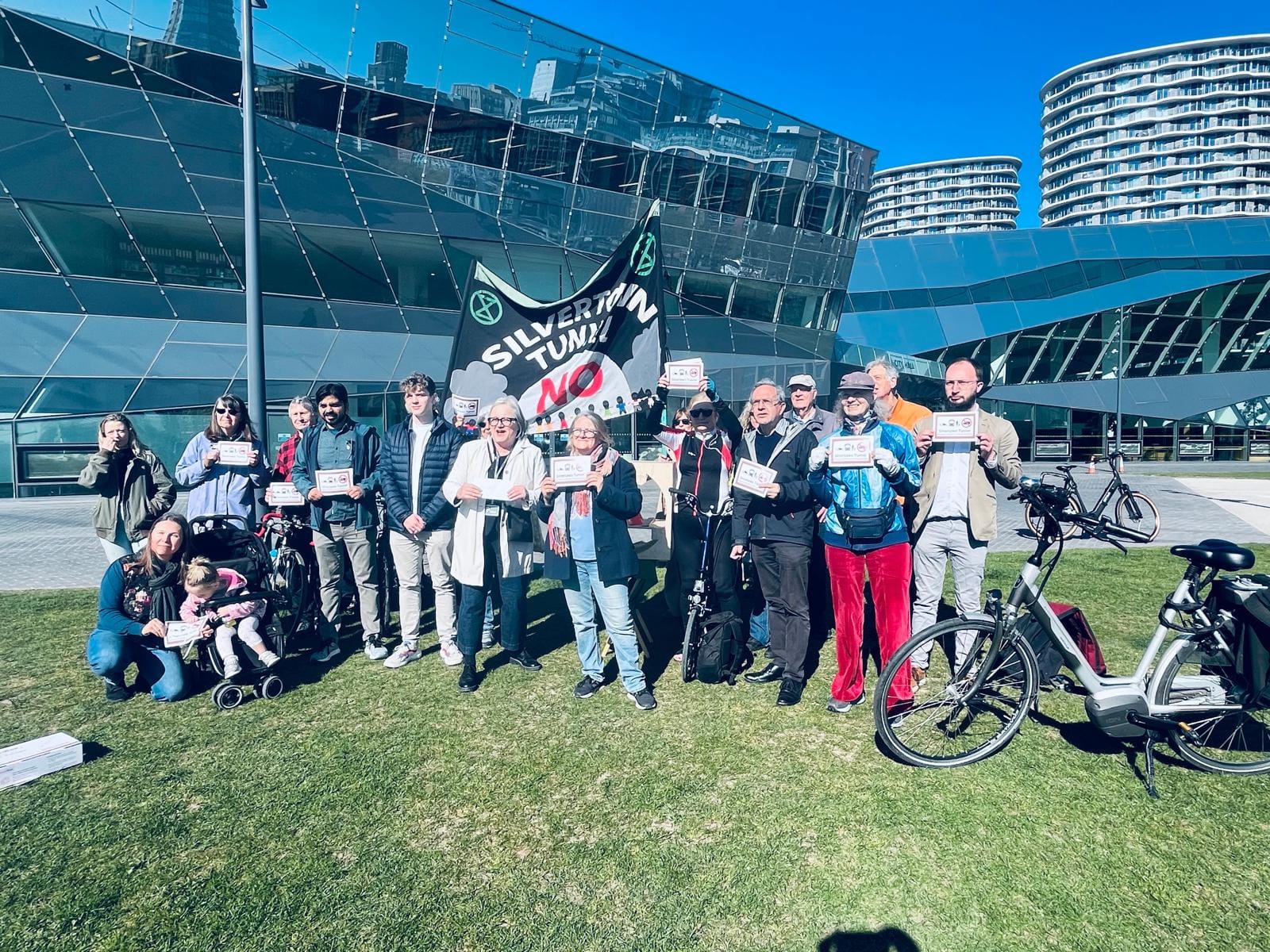
SSTC handed in a letter to the London mayor and London Assembly.
"We are in a climate crisis," they write, and yet still building "new fossil-fuel infrastructure that encourages the use of HGVs and cars".
They cite the mayor's 2022 decarbonisation targets, which include a target reduction of 27-40% in vehicle kilometres driven in London, by 2030. Alongside this, is the aim for 80% of journeys to use public transport or active travel.
"We are going in the opposite direction with this outdated scheme," they say.
Campaigner Simon Pirani said: "It's a setback. There's hypocrisy running through the mayor's transport policy. But in the long term, I think the vision of cities where there are actually fewer cars is incredibly attractive to people.
"The UK is often behind, but we see it in a lot of places on the continent. That's the direction that we have to go in over the coming years."
